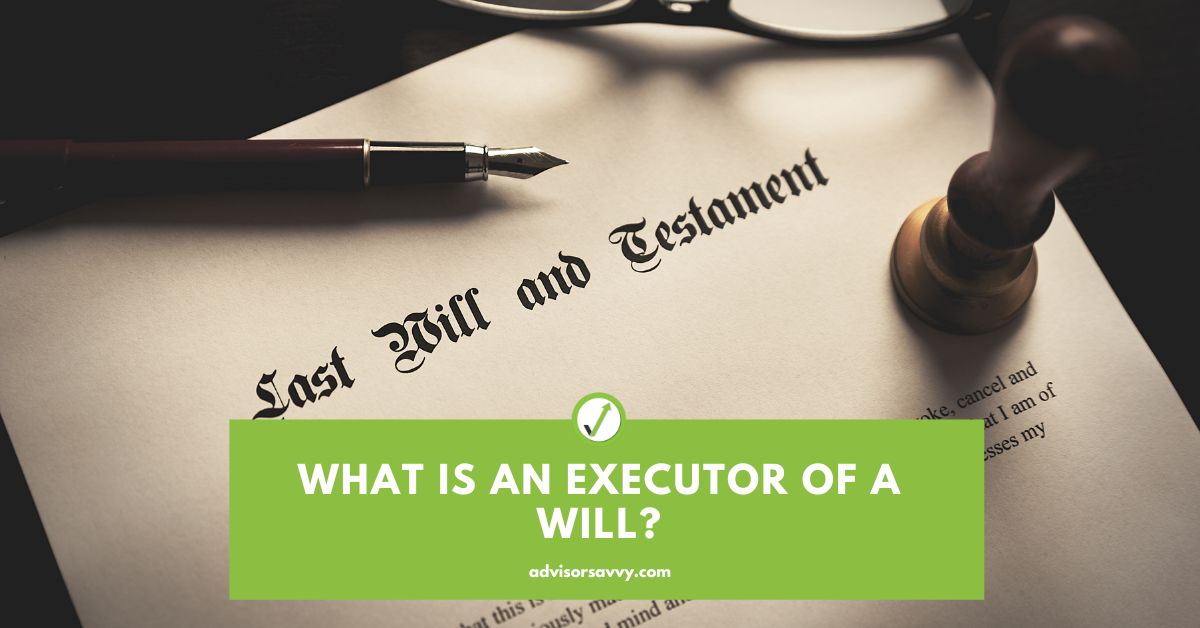What is the clawback for OAS?
Financial security is important at any stage of life, especially retirement. One of the financial benefits Canadian retirees rely on is Old Age Security (OAS). However, there is a clawback to consider which may reduce the amount of OAS money you receive. So, what is the clawback for OAS? In simple terms, the OAS clawback is a tax that applies when recipients of the benefit surpass a certain annual income threshold. Read on to learn more about the OAS clawback, how it might affect you and what amount of tax you can expect to pay. What is Old Age Security (OAS)? The Old Age Security (OAS) pension is a government-provided monthly income for seniors. To be eligible for the OAS pension, individuals must be 65 years of age or older and legal residents of Canada. The OAS pension is not means-tested, which means that it is not based on the applicant’s income or assets. Rather, your age and residency are
Continue reading



















